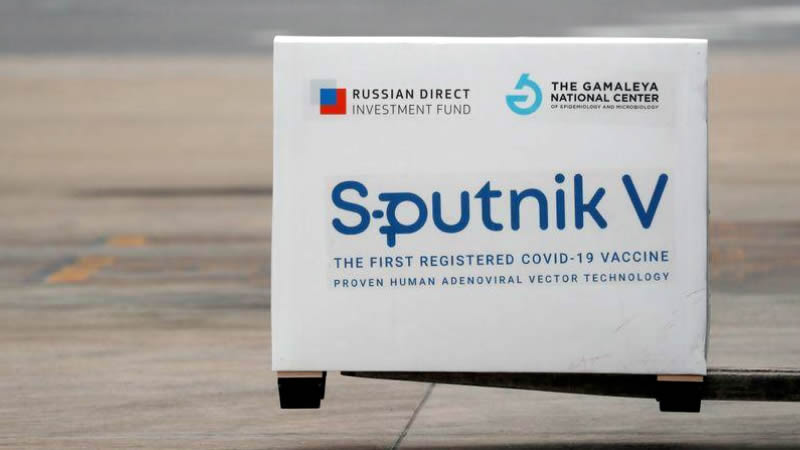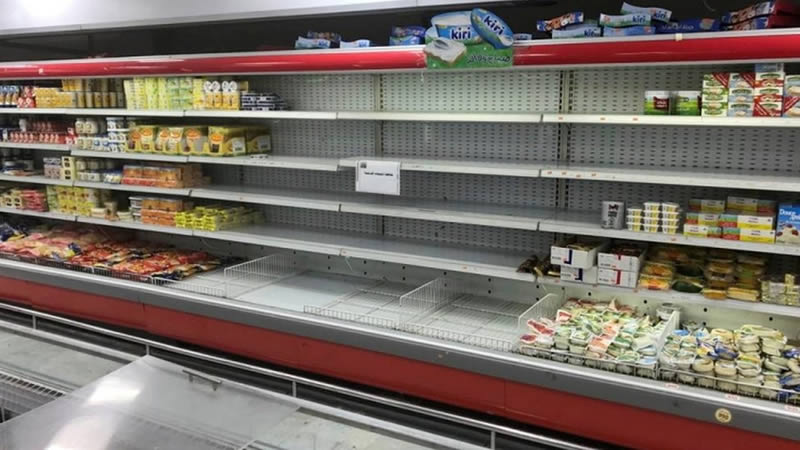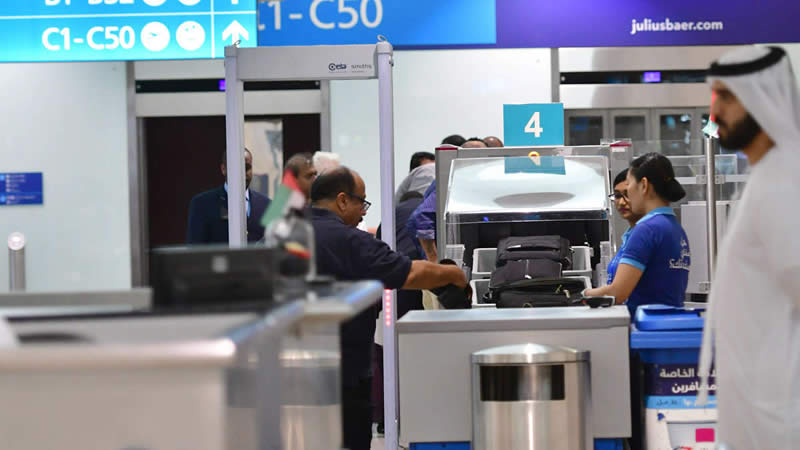100% hike in gas price for fertilizer sector on the cards: According to media reports, 100% increase in gas prices for fertilizer sector is on the cards, where the final approval will be given in the meeting of Economic Coordination Committee of the cabinet today. However, it is yet to be decided whether feed-gas price or fuel-gas price or both will be increased.
PKR246/bag increase in Urea incase feed and fuel gas prices increase: In case feed-gas price is increased by 100% from the current rate of PKR102/mmbtu, Urea price would likely be increased by approximately PKR112/bag. Similarly if fuel-gas price increases by 100% from the current level of PKR382/mmbtu, Urea price shall be adjusted upwards by approximately PKR134/bag. However, if both feed and fuel gas price is hiked by 100%, Urea price may go up by approximately PKR246/bag.
New plants to be the main beneficiaries: According to the Fertilizer policy, new fertilizer plants will get feed-gas subsidy at a fixed rate of USD0.7/mmbtu for a period of 10 years. Given no major devaluation of PKR against USD, the rate will most probably stay at PKR56.7/mmbtu. The only two manufacturers enjoying this subsidy are ENGRO and FATIMA, and shall be the major beneficiaries. We estimate an annualized EPS impact of PKR3.86 on Engro and PKR0.32 for FATIMA incase feed gas prices are increased by 100%.
Potential negative for FFC: The benefit derived from higher margins may partly offset Engro’s losses from gas shutdowns, which may result in little or no Urea price increase in response to gas cuts. This shall be a potential negative for FFC which has been in limelight due to potential gains from future Urea price increases due to higher gas curtailment on Sui network. Moreover, with local DAP priced at international parity, DAP price would not likely be able to adjust upwards in response to gas price hike and may hurt FFBL’s margins though marginally.
100% hike in gas price for fertilizers on the cards
According to media reports, 100% increase in gas prices for fertilizer sector is on the cards, where the final approval will be given in the meeting of Economic Coordination Committee of the cabinet today. However, it is yet to be decided whether it is the feed-gas price or fuel-gas price or both, that will witness the increase. Our industry sources also reveal that feed-gas prices may be increased by 100%, while fuel-gas will witness an increase same as the general industry.
PKR246/bag increase in Urea incase feed and fuel gas prices increase
Given the prevailing difference of landed cost and local cost of Urea, we foresee that the manufacturers will easily be able to transfer the entire burden of gas price increase on to the farmers. In case feed-gas price is increased by 100% from the current rate of PKR102/mmbtu, Urea price may be increased by approximately PKR112/bag. Similarly if fuel-gas price increases by 100% from the current level of PKR382/mmbtu, Urea price may be adjusted upwards by approximately PKR134/bag. However, if both are increased Urea price may go up by approximately PKR246/bag.
New plants to be the main beneficiaries
According to the Fertilizer policy, feed-gas rate has been fixed at USD0.7/mmbtu for a period of 10 years. This rate currently stands at PKR56/mmbtu, which will stay the same (given no major devaluation of PKR against USD), even if the feed gas price for the fertilizer sector is increased. The only two manufacturers enjoying this feed-gas subsidy will be ENGRO and FATIMA. Resultantly, in case feed gas price for the fertilizer industry goes up, Engro and Fatima will likely reap higher margins vis-à-vis other fertilizer players. We estimate an annualized EPS impact of PKR3.86 on Engro and PKR0.32 for FATIMA incase feed gas prices are increased by 100%.
Potential negative for FFC and FFBL
The benefit derived from higher margins may partly offset Engro’s losses from gas shutdowns, which may result in little or no Urea price increase in response to gas cuts. This shall be a potential negative for FFC which has been in limelight due to potential gains from future Urea price increases due to higher gas curtailment on Sui network. Moreover, with DAP being price sensitive, and local DAP prices matching international prices, no room for increase in DAP price exists for FFBL. We thus believe increase in fuel gas price could have a negative impact on FFBL in the shape of lower margins, though marginally.
Economic & Political News
Govt to withhold flood relief fund to support fiscal deficit
The government has decided to hold back release of PKR32bn flood affectees funds till mid July 2011 in order to support the fiscal deficit, a source in the Ministry of Finance said Wednesday.
Private contractors to run Gencos: PPIB
The government has decided to induct private sector operation and maintenance contractors to make the public sector power Generation Companies (Gencos ) run more efficiently. According to an official statement, issued after the meeting, the Board was apprised that after enhancement of Gencos , additional about 2000MW will be made available to the national grid.
Analyst Certification:
The research analyst(s) denoted AC on the cover of this report, primarily involved in the preparation of this report, certifies that (1) the views expressed in this report accurately reflect his/her personal views about all of the subject companies/securities and (2) no part of his/her compensation was, is or will be directly or indirectly related to the specific recommendations or views expressed in this report.
Disclaimer
The report has been prepared by Elixir Securities Pakistan (Pvt.) Ltd and is for information purpose only. The information and opinions contained herein have been compiled or arrived at based upon information obtained from sources, believed to be reliable and in good faith. Such information has not been independently verified and no guaranty, representation or warranty, expressed or implied is made as to its accuracy, completeness or correctness. All such information and opinions are subject to change without notice. Descriptions of any company or companies or their securities mentioned herein are not intended to be complete and this document is not, and should not be construed as, an offer, or solicitation of an offer, to buy or sell any securities or other financial instruments.
Research Dissemination Policy
Elixir Securities Pakistan (Pvt.) Ltd. endeavors to make all reasonable efforts to disseminate research to all eligible clients in a timely manner through either physical or electronic distribution such as mail, fax and/or email. Nevertheless, not all clients may receive the material at the same time.
Company Specific Disclosures
Elixir Securities Pakistan (Pvt.) Ltd. may, to the extent permissible by applicable law or regulation, use the above material, conclusions, research or analysis in which they are based before the material is disseminated to their customers. Elixir Securities Pakistan (Pvt.) Ltd., their respective directors, officers, representatives, employees and/or related persons may have a long or short position in any of the securities or other financial instruments mentioned or issuers described herein at any time and may make a purchase and/or sale, or offer to make a purchase and/or sale of any such securities or other financial instruments from time to time in the open market or otherwise. Elixir Securities Pakistan (Pvt.) Ltd. may make markets in securities or other financial instruments described in this publication, in securities of issuers described herein or in securities underlying or related to such securities. Elixir Securities Pakistan (Pvt.) Ltd. may have recently underwritten the securities of an issuer mentioned herein.
Other Important Disclosures
Foreign currency denominated securities is subject to exchange rate fluctuations which could have an adverse effect on their value or price, or the income derived from them. In addition, investors in securities such as ADRs, the values of which are influenced by foreign currencies effectively assume currency risk. Foreign currency denominated securities is subject to exchange rate fluctuations which could have an adverse effect on their value or price, or the income derived from them. In addition, investors in securities such as ADRs, the values of which are influenced by foreign currencies effectively assume currency risk.
Contributed By













